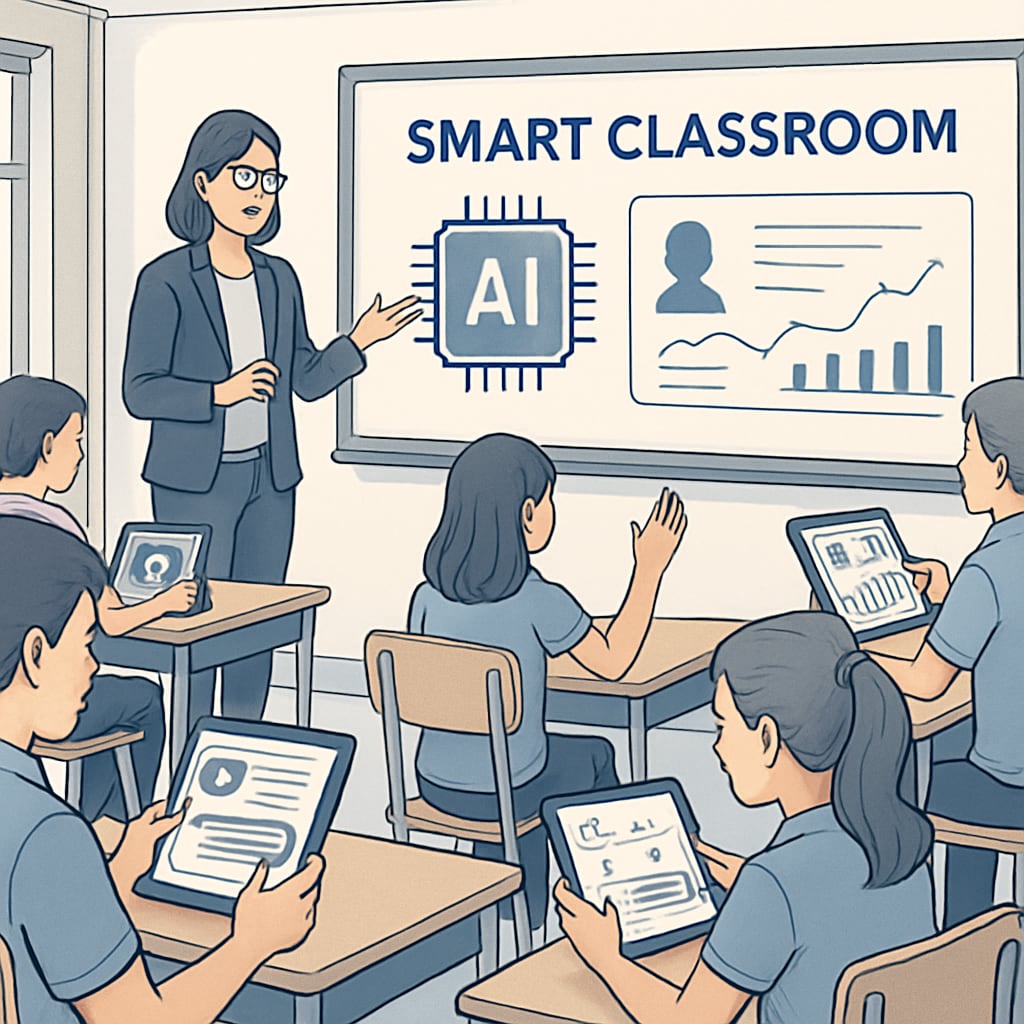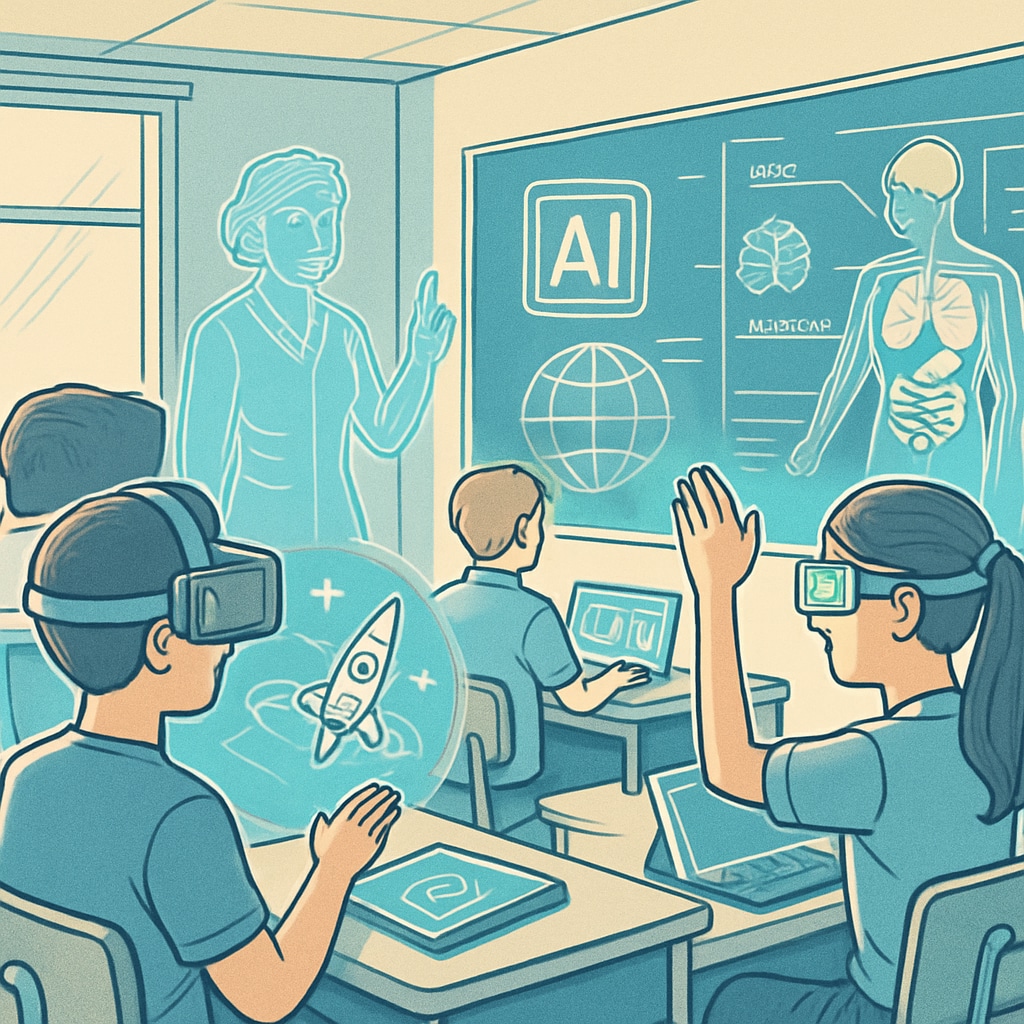Artificial intelligence (AI) is revolutionizing K12 education, marking a significant shift in how students learn, teachers teach, and schools operate. This AI-driven transformation is set to continue its remarkable growth trajectory, influencing education trends and paving the way for a new era by 2030. From personalized learning pathways to the evolving roles of educators, AI is reshaping the very fabric of education, offering unprecedented opportunities and challenges.
How AI is Transforming K12 Education Today
AI applications in K12 education are already making waves, enhancing the learning experience for students and optimizing teacher workflows. For example, AI-powered tools like adaptive learning platforms analyze student performance data to tailor lessons to individual needs. This personalization ensures that students receive instruction suited to their unique pace and style, improving engagement and retention.
Additionally, AI assists educators by automating administrative tasks such as grading and attendance tracking. This allows teachers to focus more on teaching and mentoring, fostering deeper connections with their students. Moreover, AI is being used to identify learning gaps and predict student outcomes, enabling early intervention strategies to support those at risk of falling behind.

Key Trends Shaping the 2030 Education Future
Looking ahead, AI is expected to drive several critical trends in K12 education by 2030. These include:
- Hyper-Personalized Learning: By 2030, AI algorithms will refine their ability to create highly customized learning experiences. Students may have individualized curricula based on their interests, strengths, and weaknesses.
- Redefining Teacher Roles: As AI takes over repetitive tasks, educators will transition into roles that emphasize mentorship, emotional support, and guiding students in developing critical thinking skills.
- Global Learning Communities: AI will connect classrooms worldwide, fostering cross-cultural collaboration and allowing students to learn from diverse perspectives without geographical barriers.
- Immersive Learning Environments: AI, combined with augmented reality (AR) and virtual reality (VR), will create immersive educational experiences, making abstract concepts tangible and engaging.

Challenges and Strategies for Educators
While AI presents exciting opportunities, it also poses challenges that educators must address. Concerns about data privacy, algorithm biases, and equitable access to AI technologies are critical. To navigate these challenges, educators and institutions can adopt the following strategies:
- Invest in training programs to help teachers effectively use AI tools.
- Collaborate with technology providers to ensure ethical AI applications in education.
- Promote digital literacy among students to prepare them for an AI-driven world.
- Advocate for policies that ensure equitable access to AI resources for underprivileged schools and communities.
By proactively addressing these challenges, the education sector can harness AI’s full potential while minimizing risks.
Artificial intelligence will continue to reshape the global education landscape, offering new possibilities for personalized learning, teacher empowerment, and global collaboration. As we approach 2030, the integration of AI in K12 education will redefine what it means to learn and teach, ushering in a transformative new era.
Readability guidance: The article uses short paragraphs, clear subheadings, and lists to enhance readability. Active voice is prioritized, and transitional words are used throughout for smooth flow.


